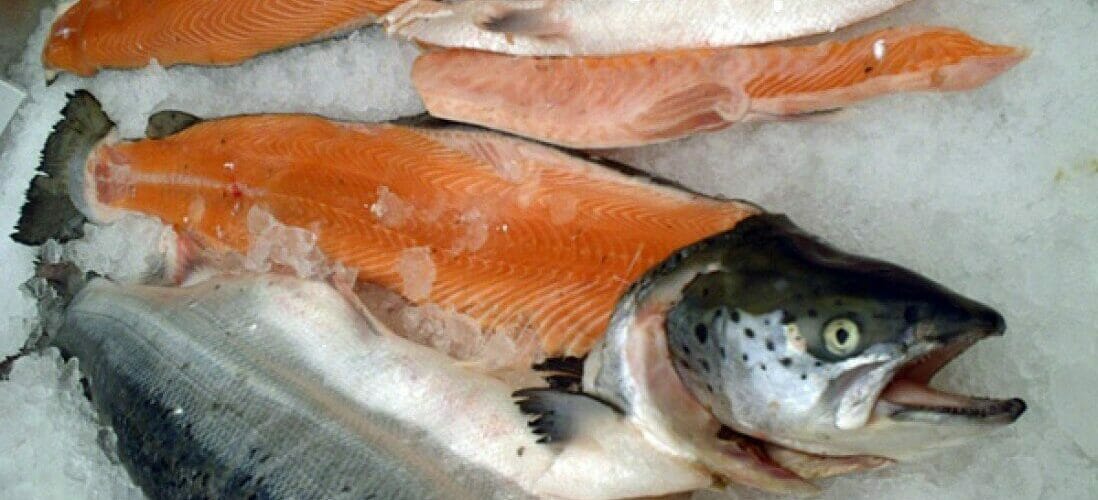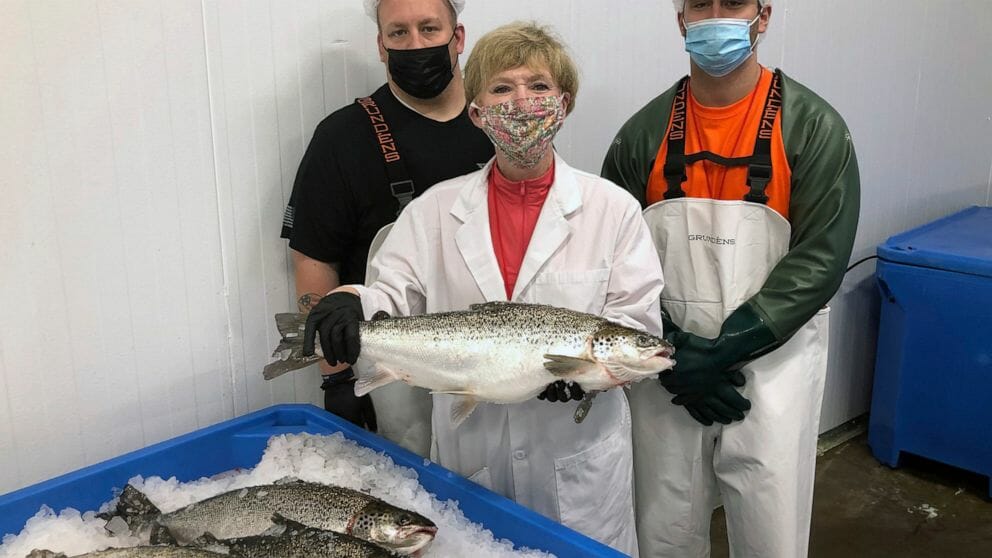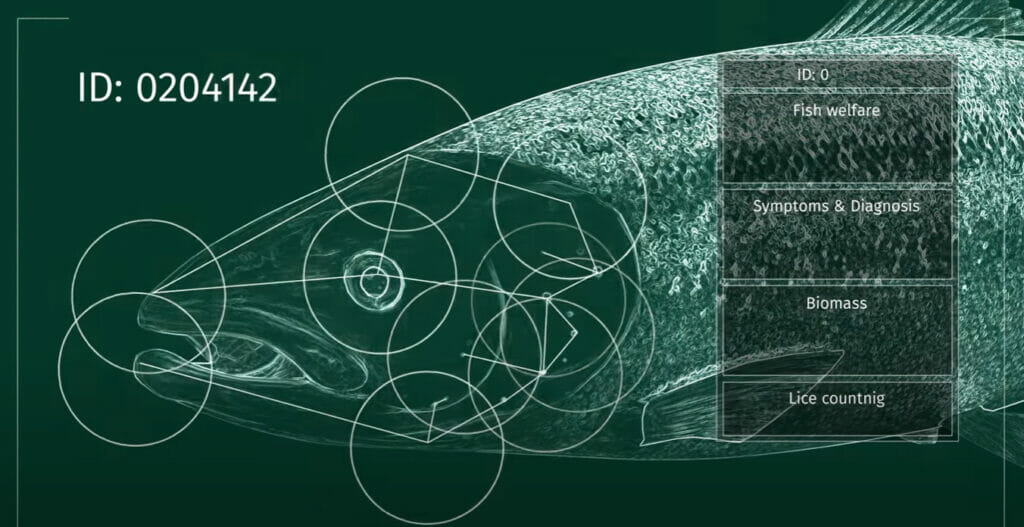The following report is from the Center for Food Safety:
Today, Center for Food Safety (CFS) filed a Freedom of Information Act (FOIA) lawsuit against the Food and Drug Administration (FDA) for unlawfully withholding records regarding FDA’s environmental assessment of genetically engineered (GE) salmon and a planned Ohio-based production facility—a major expansion from current capacity. The FOIA lawsuit comes on the heels of CFS and allies’ successful lawsuit holding FDA’s approval of GE salmon unlawful. FDA’s approval marked the first time any government in the world had approved a GE animal as food.
Despite the 2020 court decision holding FDA’s first-ever approval of a genetically engineered food animal unlawful, FDA claims it needs nearly two years to produce records. But our request is narrow and straightforward: it’s time for FDA to tell the public about the possible environmental and ecological effects of genetically engineered salmon, including any effects to endangered wild salmon species.
Said Amy van Saun, senior attorney at Center for Food Safety.
AquaBounty’s AquAdvantage GE salmon is produced with DNA from Atlantic salmon, Pacific king salmon, and Arctic Ocean eelpout. In 2016, CFS and Earthjustice—representing a broad client coalition of environmental, consumer, commercial and recreational fishing organizations and the Quinault Indian Nation—sued FDA over the agency’s approval of GE salmon, citing inadequate environmental assessments and broad risks to ecosystems.

In 2020, in a victory for CFS and allies, a California district court ruled the FDA violated core federal environmental laws in approving GE salmon, including failing to fully assess the serious environmental consequences of approving a GE salmon and the full extent of plans to grow and commercialize the salmon in the U.S. and around the world. The court sent the approval back to FDA to undertake more thorough environmental analyses to inform the public about the potential risks.
After that ruling, AquaBounty announced plans to build a $200 million facility, expanding its production of GE salmon by 10,000 metric tons. This operation will be eight times larger than its existing Indiana facility. With action in play to produce GE salmon on an even larger scale, it is even more important to understand the environmental and ecological risks of producing and marketing GE salmon for human consumption.
In October 2021, CFS submitted a FOIA request to FDA, seeking all documents related to FDA’s environmental assessments of AquaBounty’s AquAdvantage salmon and the planned Ohio facility, pursuant to the district court’s ruling. FDA is yet to produce the records, prompting CFS to now sue FDA under FOIA.
We are concerned that FDA is not paying careful attention to AquaBounty’s planned expansion in Ohio. After years of touting that it will grow its fish in tanks that recycle the water, the company now plans to pump water from the aquifer that supplies community drinking water and dump wastewater back into a nearby stream. Without the requested documents, we have no way to know if FDA has fully considered the effects this facility will have on the local environment.
Said Jaydee Hanson, policy director at Center for Food Safety.
CFS is committed to ensuring the public has access to information concerning government regulation of food production and labeling. CFS’s FOIA program is committed to upholding the principles embodied in FOIA, such as maintaining an open and transparent government.
AUTHOR COMMENTARY
Being my usual pessimistic-self, I do not see the plaintiffs winning this one, as the push for total GMO’s and engineered fake foods is the name of the game and future; but we will have to wait and see what happens.
Seafood in general anymore, very much including wild caught, is a joke anymore: the pollution is insane and most “wild caught” fish are these gated-off areas in the sea right off the perimeter of the ports, so they too are quite toxic.
Be not desirous of his dainties: for they are deceitful meat.
Proverbs 23:3
[7] Who goeth a warfare any time at his own charges? who planteth a vineyard, and eateth not of the fruit thereof? or who feedeth a flock, and eateth not of the milk of the flock? [8] Say I these things as a man? or saith not the law the same also? [9] For it is written in the law of Moses, Thou shalt not muzzle the mouth of the ox that treadeth out the corn. Doth God take care for oxen? [10] Or saith he it altogether for our sakes? For our sakes, no doubt, this is written: that he that ploweth should plow in hope; and that he that thresheth in hope should be partaker of his hope. (1 Corinthians 9:7-10).
The WinePress needs your support! If God has laid it on your heart to want to contribute, please prayerfully consider donating to this ministry. If you cannot gift a monetary donation, then please donate your fervent prayers to keep this ministry going! Thank you and may God bless you.










Hello, I think your site might be having browser compatibility issues. When I look at your blog site in Ie, it looks fine but when opening in Internet Explorer, it has some overlapping. I just wanted to give you a quick heads up! Other then that, terrific blog!
I’ve been exploring for a little for any high-quality articles or blog posts on this sort of area . Exploring in Yahoo I at last stumbled upon this site. Reading this information So i’m happy to convey that I’ve an incredibly good uncanny feeling I discovered exactly what I needed. I most certainly will make sure to don’t forget this site and give it a look regularly.